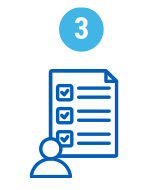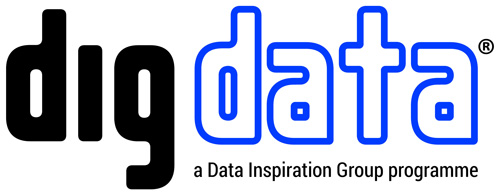Join our live online career challenge to find out how the NHS uses data to improve patient outcomes, and gain virtual work experience.
Explore this page to find out more and hear from the NHS team.
The NHS, or National Health Service, is the UK’s publicly funded healthcare system, covering everything from routine checkups to emergency care for over 55 million people in England. As one of the largest employers in the world, the NHS has about 1.34 million full-time equivalent staff in England. Every interaction a patient has—whether a GP appointment, an A&E visit, or an outpatient referral—generates important data. For instance, in 2023/24, there were around 353 million GP appointments and 16.5 million A&E visits and 4.7 million emergency admissions to hospital, showing the huge demand for NHS services.
This data is not just stored; it’s actively used to improve patient care and make the NHS more efficient. Data analysts, engineers, and scientists work behind the scenes to turn this information into insights that help doctors make better decisions, plan resources, and ultimately save lives. As NHS England Chief Executive Amanda Pritchard says,
“A good analyst can save more lives than a good anaesthetist”—underscoring just how powerful data is in healthcare.
Join us in our online career challenge to find out how we use data to solve problems every day.
What’s involved?

Register and attend the
45 minute briefing session

Students work on the challenge
in their own time

Recorded industry
assessment

Certification of virtual
work experience
STEP UP CAREER CHALLENGE:
UNIVERSITY + HE
“Turning Data into Insight: Building Awareness of Mental Health Prescribing”
Tuesday 4th March at 6pm
The NHS is experiencing an unprecedented surge in demand for mental health services. Long waiting times, particularly for young people, are placing a strain on patients and providers alike. In parallel, the use of prescription medications, especially for managing anxiety and depression, has seen a marked increase.
This challenge offers students the opportunity to delve into datasets reflecting drug usage trends to build awareness and inform decision making using NHS data to improve patient care.
Data Analysis – designed for students who are starting their data literacy journey.
Explore data on the prescription rates of common mental health medications.
Data Reporting – designed for students who would like to further develop their programming skills.
You are a public health officer and want to better understand antidepressant prescribing trends over time.
What this career challenge will involve
- Join the live session: Meet the NHS team.
- Information: Use the data we will provide you to understand mental health prescribing.
- Tell us your recommendation: Provide in an impactful and informative way to create useful insights for the NHS.
Registration for this event is now closed.
Meet the NHS Data & Analytics Team
Ming Tang, Chief Data & Analytics Officer, NHS
Sarah Blundell, Lead for Data and Analytics Development, NHS
Digdata Programme Manager
Meet the FIRST STEP Career Challenge Team
Jo Thompson, Principal Analyst, NHS
Corielyn Bromley, Data Governance Specialist, NHS
Meet the NEXT STEP Career Challenge Team
Andy Lavelle – Senior Manager for Analytical professionalisation, NHS
Quym Greaves – Head of BI Apprenticeships, Training & Engagement, NHS
Meet the STEP UP Career Challenge Team
James Harrison, Principal Knowledge Transfer Facilitator, NHS

